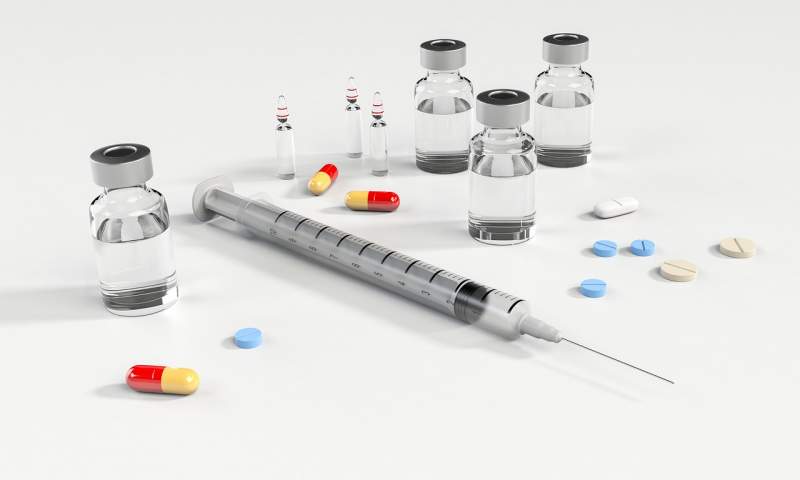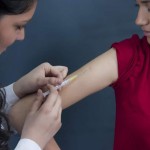
Good News for HIV Patients: This New Therapy can Boost Immunity of HIV patients
16-08-2018 | Posted By: Chhavi | 1816 View(s)
HIV patients can get a bit of relief now because a new HIV drug has been discovered which can reduce the viral replication and increase immune cells in people with advanced, drug-resistant HIV infection.
The researchers at Yale University said that if the drug is used in combination with existing HIV medications, it can turn out to be a promising strategy for patients who have run out of effective options for their treatment.

Unfortunately, for some HIV patients, existing drug therapies are not effective, and they fail to suppress the virus. This, in turn, leads to drug resistance and worsening disease. There are several HIV drugs that target the virus effectively, but there hasn’t been a new class of HIV drugs that are approved to combat the disease in a decade.
During a study conducted, patients received a dose of ibalizumab intravenously, in addition to their falling regimen, for seven days. After a week, patients received ibalizumab in combination with adequately optimised treatment regimens for six months.
The study also found that after seven days on ibalizumab, the majority of the patients (83 %) experienced a decrease in the viral load, which refers to the amount of Human Immunodeficiency Virus detected in the blood.
After 25 weeks, half of the patients saw a viral load suppression dip below the detection level. The researchers reported an increase in CD4 T cells, which are a marker for immunity. The researchers also said that an individual experienced an adverse event, which was felt to be related to ibalizumab and resulted in withdrawal from the study.
Ibalizumab is an excellent option for individuals who have tried other drug therapies. Due to the novel mechanism of ibalizumab, it will not interact negatively with other medications. The drug is delivered intravenously every 2 weeks and lasts longer than HIV drugs available currently, which are taken by mouth every day.
The findings of this study appeared in the New England Journal of Medicine.










